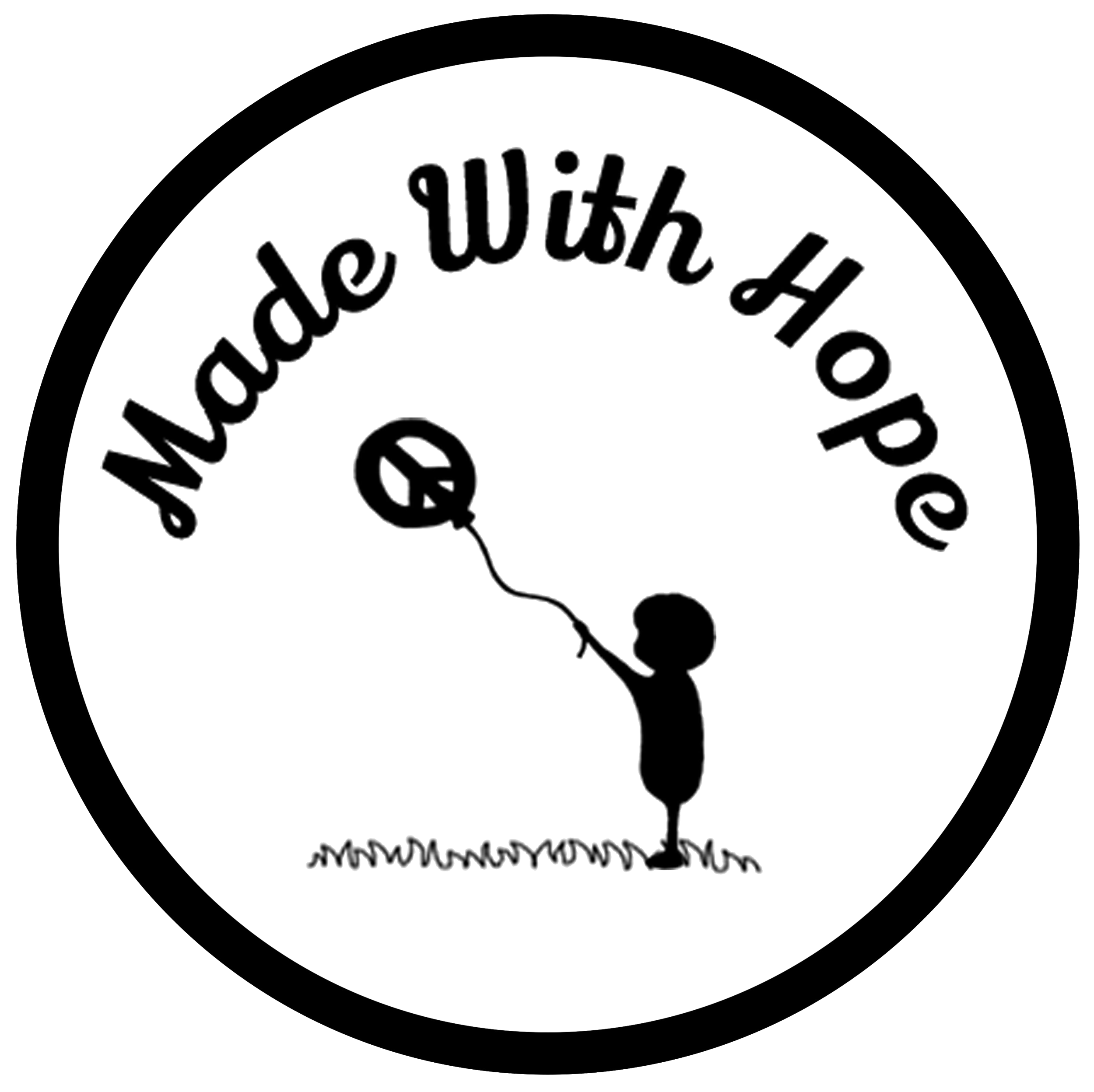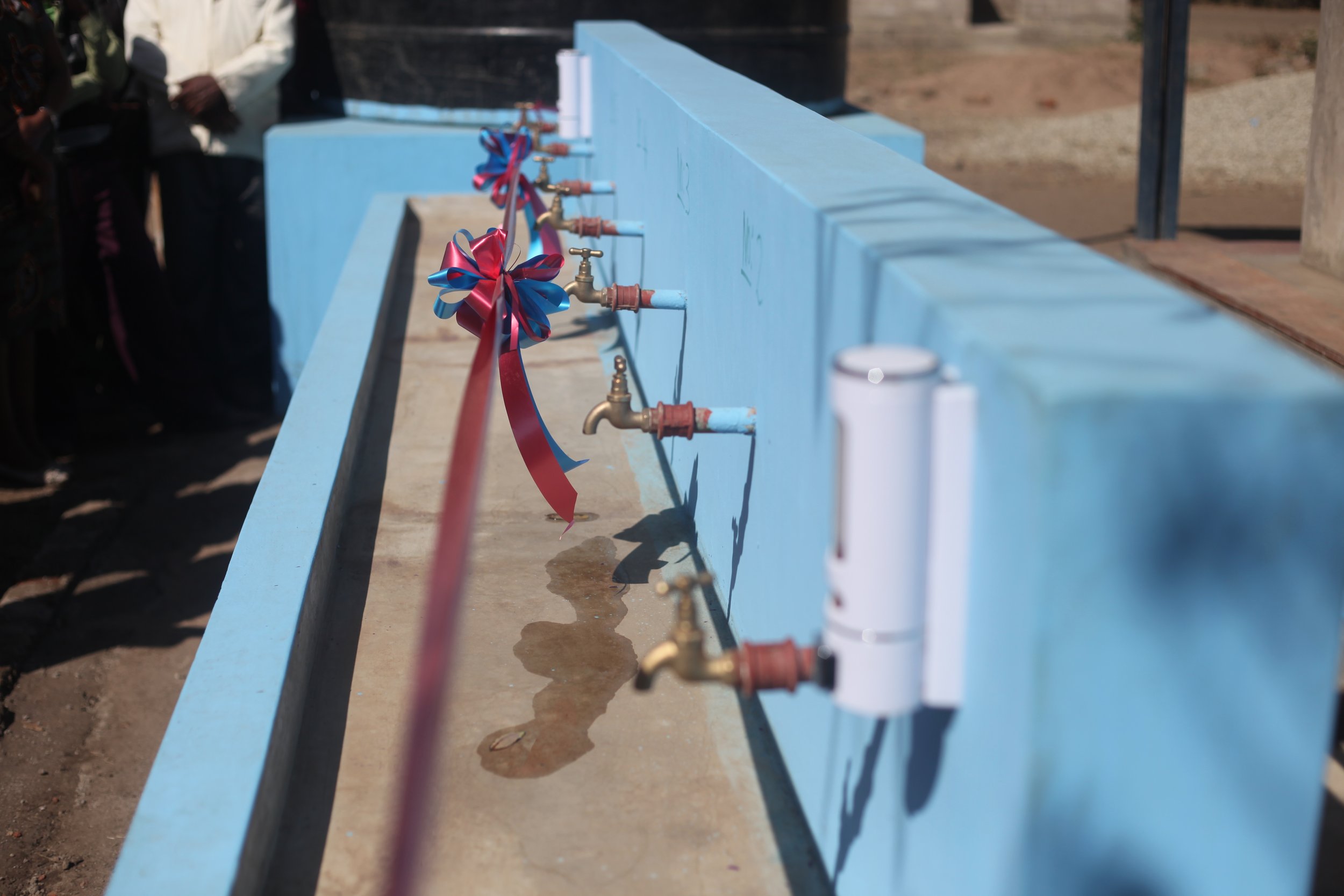Core Programme: Water Is Life
Installing Rainwater Harvesting Tanks.
Increased access to clean water for drinking, cooking and cleaning.
2764 Impacted so far.
Our Aim for this project…
Water is Life is one of Made with Hopes four essential programme areas that we focus on to support schools . The schools we work with have no, or very limited, ground water supplies. All of our partner communities value education and strive to send their children to school, but the schools are sometimes unable to provide students with water to drink, a cooked meal at lunchtime or a place to wash their hands as they are all dependent on water supply. It has been a long-time ambition for our partner communities to be able to provide their students with clean water, to improve their access to education by ensuring water scarcity does not prevent them from coming to school.
Some of the ground work supplies available are putting children’s health at risk from the extremely high levels of fluoride in them with concentrations ranging between 5 and 30 mg/L, considerably higher than the World Health Organisation’s guideline ( 1.5 mg/L). This means the children are exposed to many severe health issues. Another issue that comes with a lack of water is inability to undertake safe hygiene practices. This project's goal is to provide enough clean water to schools so that students can wash their hands regularly to help prevent the spread of disease and germs. Water also provides means to clean classrooms and toilets which helps prevent the spread of disease.
Our Impact so Far….
2764 people impacted by this project! 56 rain water tanks installed. Increased access to clean water by up to 800% in 6 schools for drinking, cleaning and cooking.
Students using the new Handwashing stations
Students at the opening celebration for the new handwashing station
7 x 5,000 litre water tanks installed at Mshikamano Primary School
8 x 5,000 litre water tanks installed at Mzimuni Primary School and Marurani Primary School
12 x 5,000 litre water tanks installed at Maweni Primary School.
Construction of hand washing facilities with 14 taps constructed at Maji Moto Primary School, Mshikamano Primary School, Maweni Primary School, Marurani Primary School, Muungano Primary School.
Construction of hand washing facilities with 10 taps constructed at Manyire Primary School, Oldenderet’s Primary School and Umoja Primary School.
A kitchen was built at Bambay Primary School
6 toilets were constructed in Haraa Primary School
10 girls toilets constructed at Mshikamano Primary School and Marurani Primary School
“I am so pleased that the installation has gone well. The students are delighted and now there will be enough water for drinking and cleaning”
Handwashing station constructed at Maji Moto Primary School
New girls toilets at Marurani Primary School
Water tank at Maweni Primary school
Our Water is Life initiative enables communities to benefit from Arusha’s long rainy season through the installation of rainwater harvesting tanks. More access to water means means water to drink, water to cook for students, water to clean the toilets with and water to wash hands. Also, purchasing a tractor means that we are now able to provide clean water to schools located in very remote areas where water sources are hours away. The increased water supply helped support the constructions of girls’ toilet blocks at multiple schools, encouraging girls to attend school as they could effectively manage their periods in a safe and hygienic space. A kitchen was also built which is amazing! Without access to clean water, none of this would be possible.
5000 litre water tank
Case Study
Maweni Primary School has 433 students and the only available water source they have is one tap that supplies water to school twice in a week for only two hours. Thanks to our donors, we were able to build 12 5,000- litre water tanks to store the water from the tap for the rest of the weeks usage. Aswell as guttering on the roof of the classrooms to catch rainwater and lockable taps fitted on the tanks to prevent wastage. Students now have access clean water that is safe from disease, which has led to Increased sanitation and hygiene among students and school at large. The availability of water at school relieves students from having to go to the streams during school time to fetch water.
Finally..
Thankyou to our donors and the amazing communities we work with. We are so grateful that we are able to provide children with access to clean water.
Written By Najma Abdi






